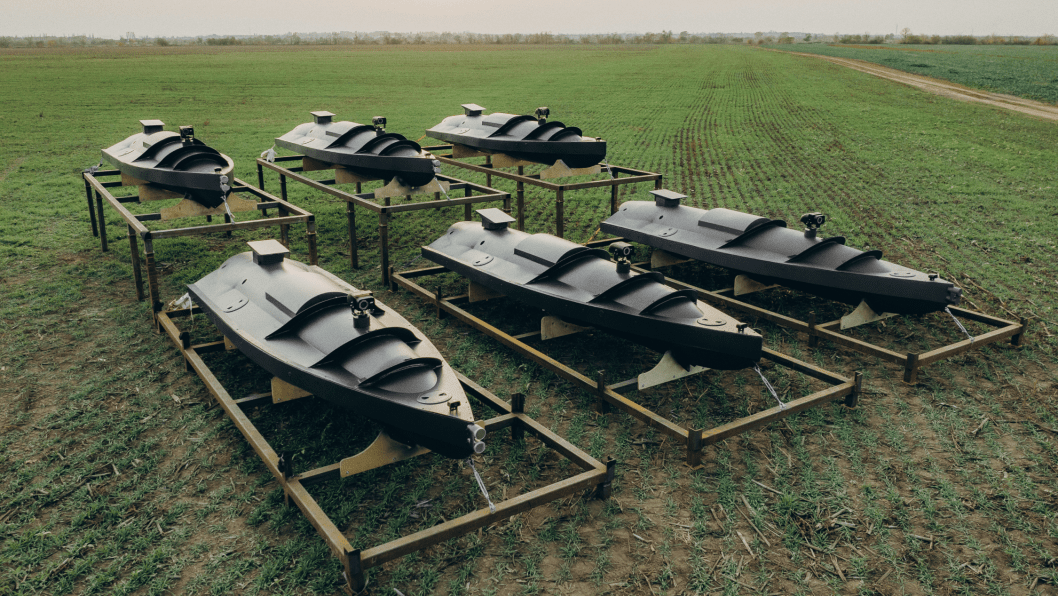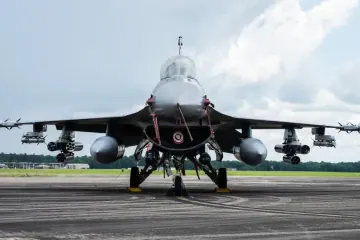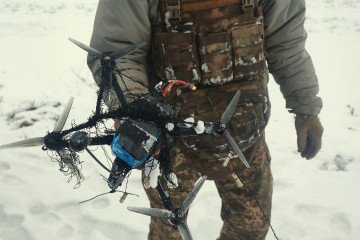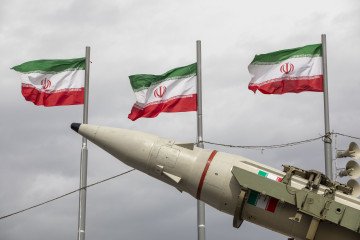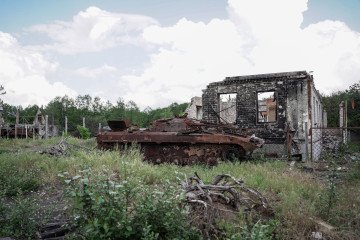- Category
- Latest news
Istanbul Talks: Ukraine and Russia Meet for First Time Since 2022—Here’s What We Know

For the first time in over two years, Ukraine and Russia are set to hold direct peace negotiations. But with no confirmation from the Kremlin that Vladimir Putin will attend, expectations remain cautious.
On May 15, Ukrainian and Russian delegations are expected to meet in Istanbul in what could mark a pivotal moment in the full-scale war.
These would be the first direct peace talks between Kyiv and Moscow since the spring of 2022, when early attempts at a ceasefire collapsed.
Ukrainian President Volodymyr Zelenskyy has confirmed his participation and reiterated a call for a full ceasefire in advance of the talks.
The Kremlin, however, has not disclosed whether Vladimir Putin will take part, leaving uncertainty over whether the meeting will take place at the presidential level—or at all.
Background and lead-up
The idea for this round of negotiations emerged suddenly. Talks were planned in less than a week and were not publicly discussed until May 8. That day, following Ukraine’s ratification of a resource agreement with the US, President Donald Trump reiterated his proposal for a 30-day ceasefire as a foundation for diplomacy.
Putin responded ambiguously, stating he agreed “with nuances,” effectively rejecting the terms. But after European leaders visited Kyiv on May 11 and demanded an immediate ceasefire—threatening new sanctions—Putin proposed negotiations in Istanbul. The Kremlin presented these talks as a continuation of the dialogue interrupted in 2022.
The 2022 Istanbul talks
During the last direct negotiations in Istanbul in 2022, Ukraine and Russia reportedly came close to a draft agreement. According to a leaked document published by US media, the deal would have included Ukraine’s non-accession to NATO, reductions in its armed forces, and international security guarantees from the US, UK, France, China, and Russia.
Ukraine would have pledged not to retake Crimea by force, while the status of the so-called DPR and LPR would be negotiated separately.
Though the agreement was never signed, both sides later concluded a separate deal—the Black Sea Grain Initiative—with Türkiye and the UN acting as intermediaries.
-d0f72b49d24d3784ec8c1719d4229e5a.jpg)
Attendance and format
President Zelenskyy has confirmed that he will travel to Türkiye and meet President Recep Tayyip Erdoğan in Ankara before potentially flying together to Istanbul. To avoid Russian manipulation over location, Zelenskyy announced he is prepared to meet Putin in either city.
Zelenskyy has emphasized that he is only willing to negotiate directly with Putin, stating that lower-level representatives cannot make decisions on war or peace. His administration insists that any other format would be meaningless.
Ukrainian Foreign Minister Andrii Sybiha is already in Türkiye, having arrived in Antalya for an informal NATO meeting. He may participate in technical-level discussions if direct presidential talks do not occur.
The composition of the Russian delegation remains unclear. The Kremlin has repeatedly declined to confirm whether Putin will attend or who will represent Russia.
According to The Washington Post, citing a former senior Kremlin official, the Russian delegation was expected to include Foreign Minister Sergey Lavrov and presidential aide Yuri Ushakov. However, Russian outlet Kommersant reported on May 14 that Lavrov will not attend.
International roles
President Erdoğan has taken the lead as host and mediator. He has described the upcoming talks as a potential “historic turning point” and reaffirmed Türkiye’s readiness to oversee any agreed ceasefire.
French President Emmanuel Macron has voiced support for direct talks—but only after a ceasefire is in place.
He reiterated this in a May 12 post on X, urging Russia to join Ukraine in honoring a proposed 30-day truce. However, analysts believe Macron is unlikely to participate personally and will instead support the process remotely.
From the United States, Secretary of State Marco Rubio and special envoy Stephen Witkoff will arrive in Istanbul on May 16, a day after the planned talks. Another envoy, Keith Kellogg, may also attend.
President Donald Trump has stated he is open to visiting Istanbul—but only if Putin also confirms attendance.
Trump is currently on a Middle East tour, which ends May 15 in the UAE. He told reporters on May 14 that his Thursday schedule is full, but he is willing to adjust it if necessary to “save lives.”
“He (Putin) wants me to be there, and that’s possible… but I don’t know if he’ll come if I don’t. We’ll see,” Trump told journalists aboard Air Force One, according to Reuters.
-468b36f05e43502a035bc3f202b7d61a.png)
What is on the table?
Zelenskyy has made clear that a full ceasefire is the first and only agenda item. He also aims to discuss a prisoner exchange on the “all for all” principle. His administration views any delay or refusal from Russia as grounds to escalate sanctions—including the EU’s proposed 17th sanctions package.
Political analysts suggest that Putin is attempting to manage relations with Trump while preparing for a possible summer offensive. According to Oleksiy Holubutskyi, Putin seeks to avoid alienating Trump but has no intention of making real concessions.
Others warn that Moscow may use the talks as a platform to pressure Ukraine into accepting unfavorable terms, such as recognition of occupied territories or restrictions on sovereignty—conditions Kyiv has repeatedly rejected.
Conclusion
These are the first direct Ukraine-Russia peace talks since 2022. The outcome hinges on whether Putin attends and whether both sides agree to the proposed ceasefire. As of May 14, the structure and participants of the negotiations remain fluid.
Türkiye’s Foreign Minister Hakan Fidan acknowledged that both sides are still working to define the format, saying, “There are delegations. Some are finalized, others are still being decided. We are witnessing intense diplomacy.”
